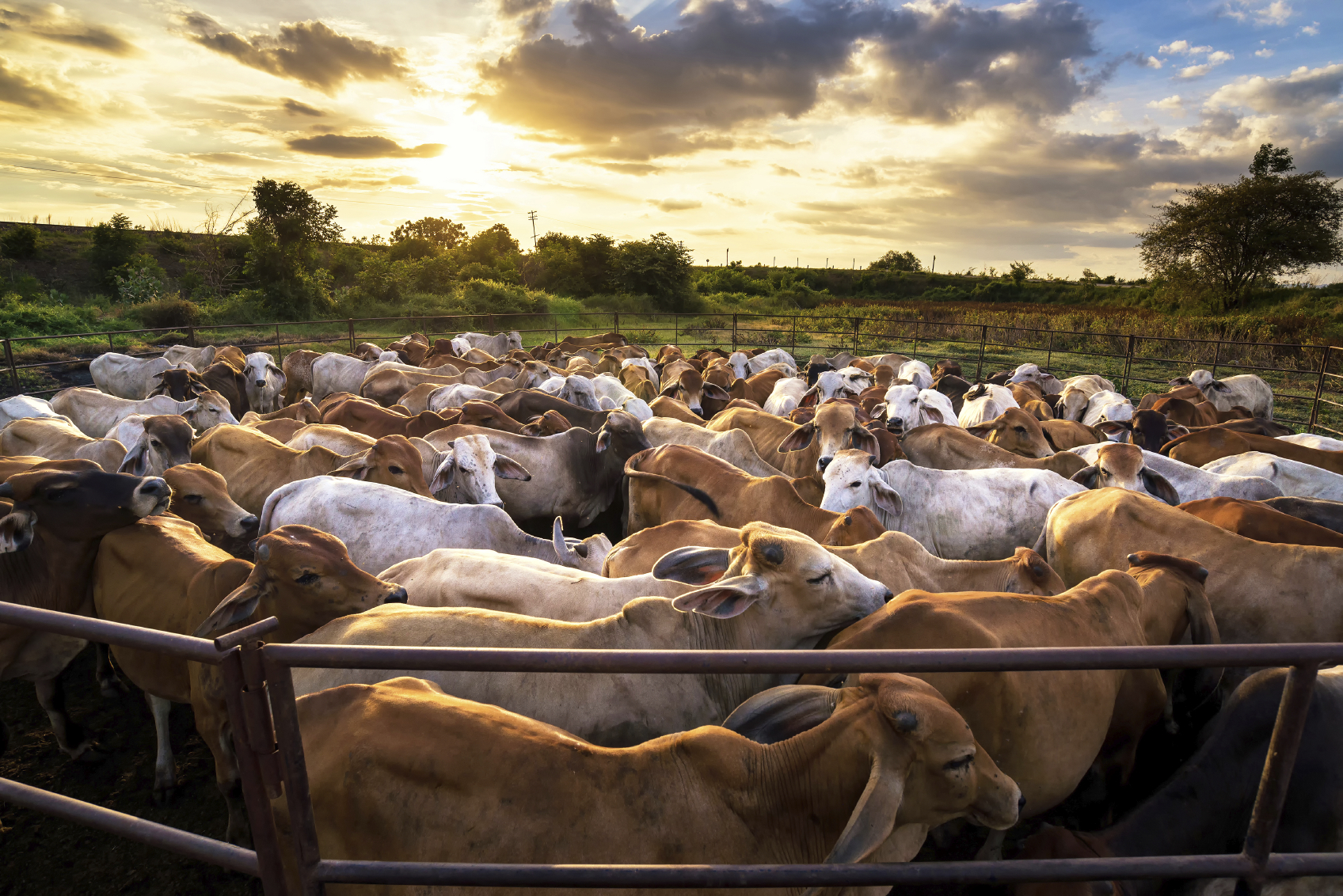Just because the FDA approves a food ingredient doesn’t make it safe to eat. In fact, there are things in our food supply that other countries have banned over safety concerns. You may be eating them every day.
Here are five dangerous food additives that are illegal outside of the U.S.1
1. Ractopamine: Livestock farmers use this drug to make their animals pack on muscle. It also lowers the fat content of the meat. This drug shows up in about 30% of grain-fed cattle. Not to mention up to 80% of pigs. Yet more than 160 countries—including Europe, Russia, and most of China—have banned it. That’s because it’s linked to heart damage in humans.2
You can cut your exposure by eating antibiotic-free organic meat.
2. Brominated Vegetable Oil (BVO): It’s a popular additive in sports drinks and citrus-flavored sodas. Big Food says it’s a good (i.e. cheap) way to ensure consistent flavor in their beverages. But what most people don’t know is that the original patent on this chemical was for use as a flame retardant. Its side effects include depression, hallucinations, memory loss, and seizures. BVO is illegal in Europe and Japan and some U.S. based companies have voluntarily removed it.
You can check drink labels for this additive. But your best bet for avoiding BVO is to take processed drinks out of your diet altogether.
3. Recombinant Bovine Growth Hormone (rBGH): This is the synthetic version of the hormone cows produce naturally. Dairy farmers use it to ramp up the milk production of their cows. But more than 30 countries ban it. These include Australia, Canada, Israel, and all the countries of the European Union. Why? Studies show rBGH may cause breast, colorectal, and prostate cancers in humans.3
If you’re going to drink milk, make sure it’s organic and rBGH-free. Unless it says otherwise, it likely contains rBGH.
4. Potassium Bromate: Sandwiches, bagels, hot dog and hamburger buns… If you’re eating commercially produced bread in the U.S., it likely contains this additive. Baking companies say it makes the dough heartier. This makes their product more consistent. The problem is it has been classified as a carcinogen since 1999. It also causes kidney, nervous system, and thyroid damage in animals. This is why Canada, China, and the European Union don’t allow potassium bromate in their food.4
Stay away from processed breads. This means just about anything in the bread aisle at your grocer. If you’re going to eat bread, look for preservative-free brands in the frozen foods section.
5. Certain Artificial Colors and Dyes: Five artificial colors (red 40, blue 1, blue 2, yellow 5, and yellow 6) are either banned in other countries or require warning labels. These chemicals are linked to hyperactivity in children and may cause cancer. Austria, Norway, and the U.K. don’t allow them. If you see colors with numbers on an ingredients list, don’t put the food or drink in your cart. If you get rid of processed foods, you won’t come across these colorings.
The FDA refuses to take action against these dangerous food additives. But that doesn’t mean you can’t. Knowing where they lurk is the best way to protect you and your family from these harmful substances.
In Good Health,

Angela Salerno
Publisher, INH Health Watch
Like this Article? Forward this article here or Share on Facebook.

References:
1http://naturalon.com/shocking-10-foods-americans-eat-that-are-banned-in-other-countries/
2http://toxnet.nlm.nih.gov/cgi-bin/sis/search/a?dbs+hsdb:@term+@DOCNO+7441%20
3http://www.cancer.org/cancer/cancercauses/othercarcinogens/athome/recombinant-bovine-growth-hormone
4http://www.ewg.org/research/potassium-bromate

